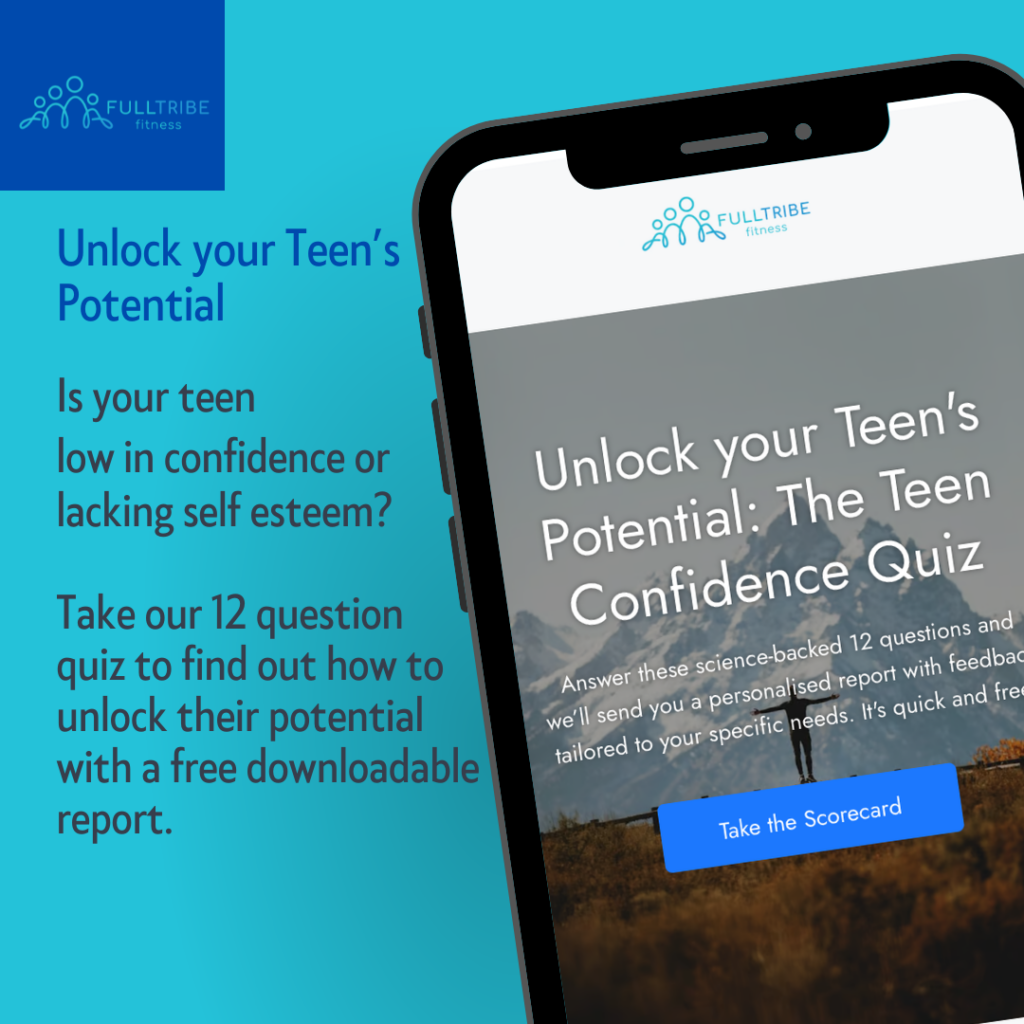How To Increase Your Kids’ Attention Span
This article is about the decreasing rates of attention and focus through each generation and how you can reverse the statistics to give your children and yourself the best trajectory forward.
The Problem
Not doing the right thing by you is also hurting your kids…
In a study done in 2013, they measured the attention span of a group of children beginning at the age of 4 and then all the way through until they were 25, to assess their attention span and measure it against their trajectory of success, achievement and their executive functioning later in life.
You may be thinking, “that’s very young, do we need to worry about our kids from such a young age?”
Short answer, yes.
From the research done, the ability to have a greater attention span at such a young age is critical for their ability to be mentally resilient and have better executive functioning all the way up to the age of 25.
And the difference… BIG.
Those who achieved one standard deviation higher on attention span persistence at age 4 had 58.7% greater odds of completing university/college by age 25.
They also had a big improvement in math and reading achievement by age 21.
That is ALARMING.
In this article it will provide you with 3 of the BIGGEST factors to improving attention span and focus and a real-life example.
How Do We Get The Best Attention Out Of Our Kids?
Here are 3 ways you can do that and below I’ll give you a real-life example;
Healthy Nutrition
The better you can regulate food, the better your attention span will be. It will also help your kids maintain their energy throughout the day. We’ve all seen what happens when kids come back from parties, they have a huge ‘high’ of energy and subsequently are knocked out cold an hour or two later (in most cases…).
Eating highly processed foods (take-away) and high calorie dense foods (sugary lollies and chocolates) will create a big spike in energy and will cause an energy crash, thus reducing the level of attention and focus. This isn’t saying to avoid parties, it means that on a day-to-day basis we need to create healthy choices, choosing fruits, veggies and lean protein sources.
Exercise Together
With a good routine of exercise (parent included) it will ensure they are building a healthy lifestyle all the way through their life. When engaging in exercise, we can do it in many ways. We can do it with a sports team, as a fun game in the park or even by ourself.
It’s important to practice all of these as it provides a vast array of skills. Showing our kids how to exercise by doing it with them will create a positive and rewarding experience which is associated with a healthy and fulfilling life. Do what I do, not what I say.
Be Mindful
Enjoying time away from technology and with each other is going to help drive attention span in conversation and create a more well-rounded learner. If you want to find out more about the effects of excessive screen-time, read this article I previously posted; The Real Long-Term Effects of Excessive Screen Time.
There is no doubt that we have busy lives but spending those extra few moments asking questions, engaging in technology-free games together and practicing gratitude will be creating strong bonds and a sense of community that can often get overlooked.

Ensuring that there is a safe environment present can be really important for actually providing the platform for ideas and formulation of thoughts.
These practices are very simple and achievable. One of the best things about it, we can practice these in many, many different methods that all apply directly to your values.
This is all part of our Functional Family Program at Full Tribe Fitness.
Case Study: The Thompsons
To better show you an understanding of how to increase the health of you and your family to improve attention-span and focus, I will refer to the example of the Thompson family. Mum, Dad and three kids (two boys and a girl).
Mum and Dad felt like they were burning out, they were lacking sleep and always busy with work and commitments for the kids. Both had put on a significant weight since they had the kids and never felt like they “had a chance” and “the time” to lose it. They felt like they needed to wait for the kids to be in high school (or possibly university!!) and be more independent before they could work on themselves. This left them feeling exhausted and lacking self-worth.
To add on top of this, they didn’t feel like they possessed the skills necessary to create the habits and lifestyle that will support their kids throughout their biggest developmental periods.
I assured them that their emotions were completely valid. However, their goals were much more achievable than they thought. All they needed was a strategy.
The Thompsons were relatively new to exercise. Mum and Dad Thompson had been to the gym before but not for years. The kids were involved in sport on the weekends and at school but never really engaged in exercise or health at home.
They also ate out several times a week. They thought this was more convenient but I did the calculation and this was actually costing them with time and money!
How Did We Help?
We first addressed their limiting beliefs about how much available time they really had and could they, in their own words, have the “willpower” and “discipline” to do it all.
To address the issues of nutrition. I gave them access to my recipe books containing 100s of recipes that are healthy, simple to eat and change every month so that they aren’t always eating the same thing. On top of this, helped them with their portion sizes and how to create lifelong habits when it comes to food. Allowing them to enjoy their time in the kitchen and not having to eat out or snack all the time.
For their exercise, we utilised the limited time that they had and also took advantage of the exercises that they did enjoy. We started off small and did mostly home-based training sessions until they felt ready to join the gym again. We also prioritized walking and playing games with the kids so that they burned more calories while enjoying more quality time together.
These practices all contributed to being more mindful and enjoying more quality time together. The conversations got better and deeper, and they felt like they “spent more time together than they ever have before”.
The kids’ attention span went up and the teachers wrote in their end of term report about an incredible improvement in their ability to complete tasks in class and ask more questions
All in all, creating a happy, healthy and purposeful family. It’s a simple example of making small changes can create a positive future and improve the trajectory of health and happiness in a family.
MAKE THE CHANGES EARLY.
A really great book about this matter is called ‘Stolen Focus’ by Johann Hari.
Until next time,
Reference
McClelland, M. M., Acock, A. C., Piccinin, A., Rhea, S. A., & Stallings, M. C. (2013). Relations between Preschool Attention Span-Persistence and Age 25 Educational Outcomes. Early Child Res Q, 28(2), 314-324. doi:10.1016/j.ecresq.2012.07.008
Reading list
A really interesting book to read is ‘Stolen Focus’ by Johann Hari; https://stolenfocusbook.com/








